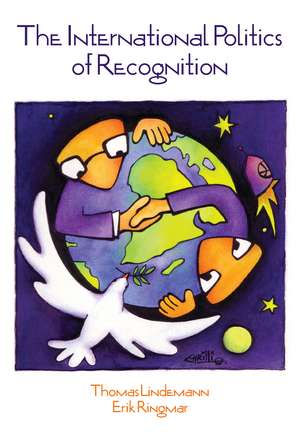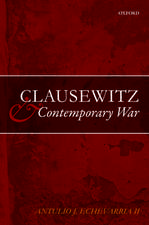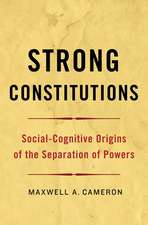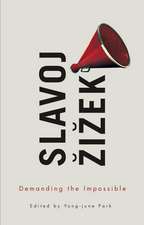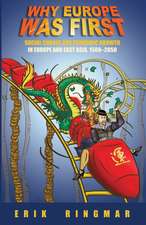International Politics of Recognition
Autor Thomas Lindemann, Erik Ringmaren Limba Engleză Paperback – 30 mar 2014
| Toate formatele și edițiile | Preț | Express |
|---|---|---|
| Paperback (1) | 493.46 lei 6-8 săpt. | |
| Taylor & Francis – 30 mar 2014 | 493.46 lei 6-8 săpt. | |
| Hardback (1) | 1307.70 lei 6-8 săpt. | |
| Taylor & Francis – 30 aug 2011 | 1307.70 lei 6-8 săpt. |
Preț: 493.46 lei
Nou
Puncte Express: 740
Preț estimativ în valută:
94.47€ • 98.20$ • 78.32£
94.47€ • 98.20$ • 78.32£
Carte tipărită la comandă
Livrare economică 07-21 februarie 25
Preluare comenzi: 021 569.72.76
Specificații
ISBN-13: 9781594518102
ISBN-10: 1594518106
Pagini: 248
Dimensiuni: 152 x 229 x 15 mm
Greutate: 0.75 kg
Ediția:New.
Editura: Taylor & Francis
Colecția Routledge
Locul publicării:Oxford, United Kingdom
ISBN-10: 1594518106
Pagini: 248
Dimensiuni: 152 x 229 x 15 mm
Greutate: 0.75 kg
Ediția:New.
Editura: Taylor & Francis
Colecția Routledge
Locul publicării:Oxford, United Kingdom
Cuprins
Part I Theoretical Preliminaries; Introduction The International Politics of Recognition, Erik Ringmar; Chapter 1 Recognition between States, Axel Honneth; Chapter 2 Prickly States?, Reinhard Wolf; Chapter 3 Symbolic and Physical Violence, Philippe Braud; Chapter 4 Is a Just Peace Possible without Thin and Thick Recognition?, Pierre Allan, Alexis Keller; Part II Empirical Applications; Chapter 5 Spirit, Recognition, and Foreign Policy, Richard Ned Lebow; Chapter 6 World War I from the Perspective of Power Cycle Theory, Charles F. Doran; Chapter 7 Recognition, Disrespect, and the Struggle for Morocco, Michelle Murray; Chapter 8 Self-Identification, Recognition, and Conflicts, Yana Zuo; Chapter 9 Recognition, the Non-Proliferation Regime, and Proliferation Crises, Alexandre Hummel; Chapter 10 Recognizing the Enemy, Andreas Behnke; Part III Conclusions; Chapter 11 Concluding Remarks on the Empirical Study of International Recognition, Thomas Lindemann;
Notă biografică
Authored by Lindemann, Thomas; Ringmar, Erik
Descriere
Presents a unique approach to the problems of international conflict. Argues that human actions are often motivated by a quest for recognition.
